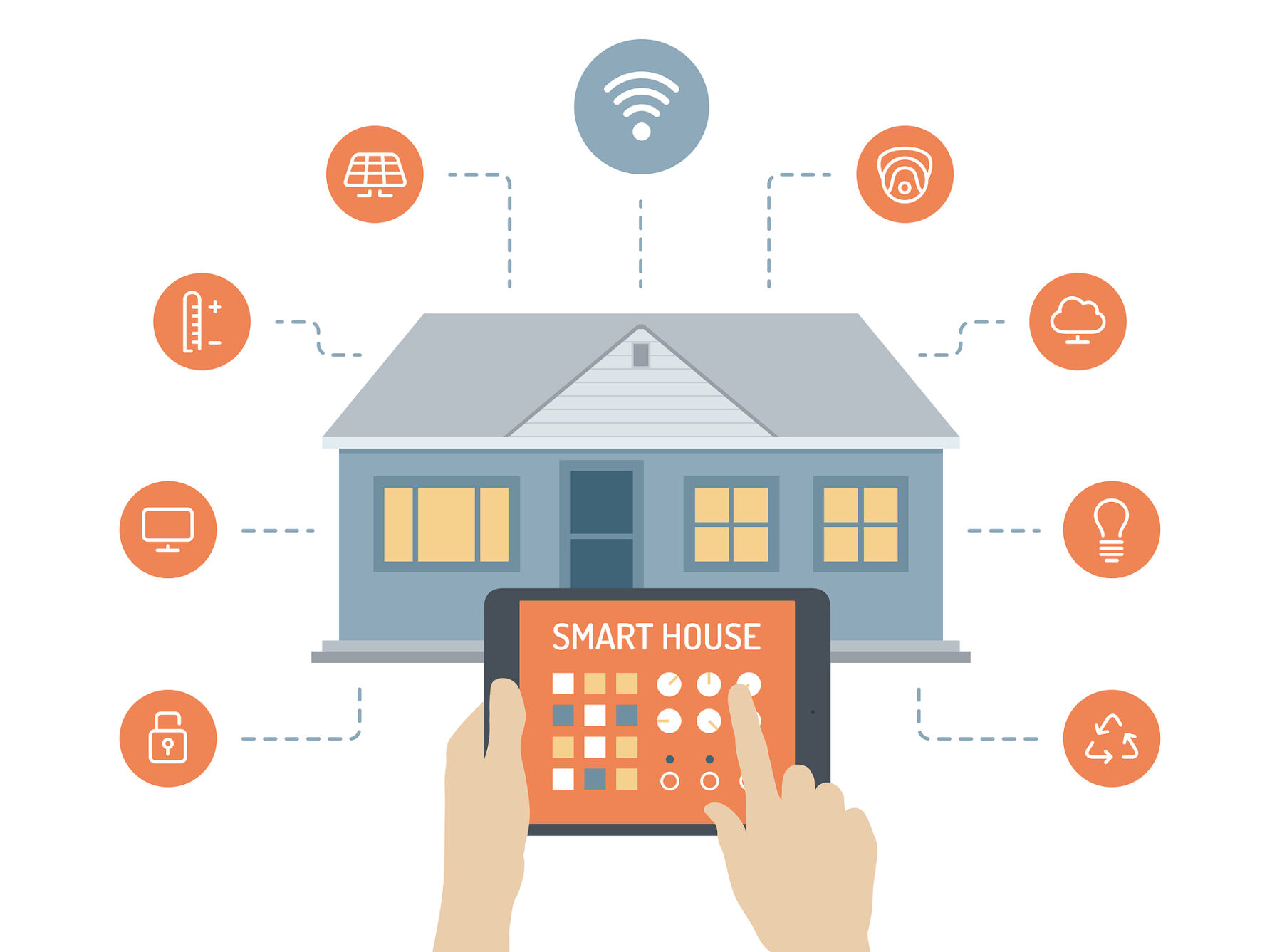The real estate market is continuously shaped by the preferences of its newest buyers. Millennials and Gen Z, now the largest demographics entering the market, are rewriting the rules of homeownership. Their distinct lifestyles, values, and priorities have redefined what makes a house a “home.” Let’s explore the key trends driving their real estate decisions and how these generations are influencing the future of housing.
Sustainability is a Must-Have
One of the defining traits of Millennial and Gen Z homebuyers is their commitment to sustainability. Eco-friendly features are no longer a bonus; they’re an expectation. Homes with solar panels, energy-efficient appliances, and smart thermostats are highly sought after.
These generations also favor homes built with sustainable materials and located in eco-conscious neighborhoods. From low-maintenance landscaping to water-saving fixtures, sustainability impacts every part of their decision-making process.
Why it matters: Younger buyers are willing to pay more upfront for energy-efficient homes because they understand the long-term savings and environmental benefits. Builders and sellers catering to this trend can attract these environmentally conscious consumers.
A Strong Desire for Flexibility
The traditional layout of a home is being challenged by the needs of these modern buyers. Millennials and Gen Z value homes that offer multifunctional spaces. As remote work continues to thrive, they prioritize properties with home offices or spaces that can be easily adapted for work, fitness, or hobbies.
Open floor plans, bonus rooms, and customizable layouts allow these buyers to create a home that fits their unique lifestyles. Flexibility in design reflects their desire for spaces that grow with them and adapt to changing circumstances.
Why it matters: Sellers who stage rooms with multiple functions and highlight flexible layouts can better connect with younger buyers seeking these dynamic spaces.
Urban Living with a Twist
While Millennials and Gen Z often gravitate towards urban environments, their preferences go beyond the allure of city living. They seek walkable neighborhoods that offer a mix of convenience and community. Proximity to local shops, dining options, parks, and public transit are non-negotiable.
Interestingly, there’s a growing trend of these buyers choosing smaller, “up-and-coming” cities over major metropolitan areas. Affordability, lifestyle quality, and a lower cost of living make mid-sized cities appealing alternatives to traditional urban hubs.
Why it matters: Highlighting walkability and community features in real estate listings can resonate strongly with these buyers. Mid-tier cities and suburban neighborhoods with urban amenities are particularly appealing.
Technology Integration
Smart homes are a major draw for Millennial and Gen Z buyers. From smart locks and security systems to voice-controlled lighting and climate settings, technology is at the forefront of their purchasing decisions. These generations value the convenience and efficiency that come with tech-enabled living.

Properties with pre-installed smart systems or compatibility with popular devices like Google Nest or Amazon Alexa often stand out. Additionally, strong internet connectivity is crucial, particularly for remote workers and tech-savvy homeowners.
Why it matters: Investing in basic smart home upgrades can significantly boost a property’s appeal. Highlighting tech features in marketing materials can help attract these buyers.
Prioritizing Affordability and Value
Affordability is a significant factor for Millennials and Gen Z, particularly in today’s competitive housing market. These buyers often enter the market with student loan debt and limited savings, leading them to prioritize affordability without compromising on value.
Smaller homes, fixer-uppers, and properties in less traditional locations have gained popularity among these generations. They’re also more open to exploring alternative financing options, like co-buying with friends or family, to achieve their homeownership goals.
Why it matters: Sellers and agents who offer creative solutions or emphasize the potential for sweat equity can better cater to these budget-conscious buyers.
Final Thoughts
Millennials and Gen Z are reshaping the real estate market with their distinct preferences and priorities. Their focus on sustainability, flexibility, technology, affordability, and community-driven living highlights the direction of future housing trends. Whether you’re a seller, agent, or builder, understanding and catering to these trends can help you better connect with this influential audience.


